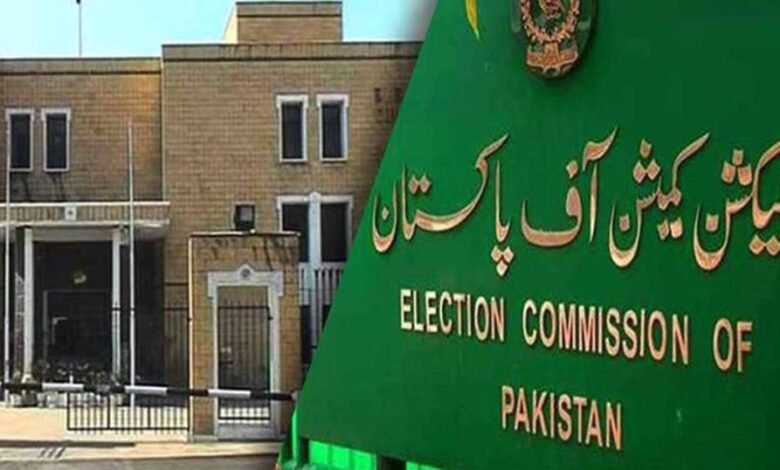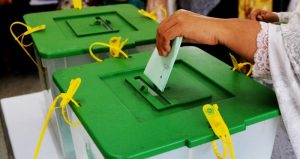In the upcoming general elections ECP may use innovation.

Do you know In the upcoming general elections ECP may use innovation? For the 2019 general elections, Pakistan’s Election Commission (ECP) has opted to employ contemporary technologies. The Election Commission has begun a poll to identify concerns at the district offices, such as internet problems.
The Election Commission of Pakistan (ECP) opted to use contemporary technology for the elections as it continued to make preparations for the following general elections. To discover internet and other technological faults in its district offices, the commission started a poll. Additionally, PTCL was employed to guarantee the application of contemporary technologies. District election officials have been told to work closely with the PTCL teams.
Read More:Amazon Starts Smart Commerce in India To Digitize Offline Stores
general elections ECP may use innovation.

Offices created at the district level will have upgraded electrical systems, internet connectivity, and are connected by fibre optic cables. The upgraded electoral system and the internet will be accessible to the appropriate election officials. The district election commissioners were told by the commission to work with the PTCL teams.
All district offices will have contemporary technology installed, according to the Election Commission. The regional offices of Punjab, Sindh, Balochistan, and Khyber Pakhtunkhwa received a letter (K-P). The usage of contemporary technology will aid in producing results for the upcoming general elections in a timely manner.
The federal budget for the 2023 elections is expected to be nearly a thousand times more expensive than it was for the previous three general elections, which cost a total of Rs28.6 billion, according to the Election Commission of Pakistan (ECP).
The usage of electronic voting systems for local and international voters accounts for a considerable portion of the expense. The predicted cost of the next elections (Rs 424 billion) is almost equal to the budget of Balochistan, Pakistan’s largest province, which remained at Rs 584.1 billion for FY 2021–22.
According to ECP authorities, Pakistan spent over Rs22 billion on the general elections in 2018, Rs4.73 billion in 2013, and Rs1.84 billion in 2008.
An additional Rs600 billion in expenses will result from candidates, supporters, financiers, and media advertisements, according to experts who have studied the electoral economy. In 859 constituencies (directly elected National Assembly and provincial assembly seats), experts forecast an expenditure of Rs5,000 per registered voter.
Candidates are allowed to spend Rs. 10 per voter under the new election rules (Rs. 4 million for an average voter pool of 400,000 for the National Assembly and Rs. 2 million for roughly 200,000 voters in the provincial assembly). According to experts, political parties and candidates typically spend significantly more and multiply their expenses when waging their campaigns.
Experts estimate that if Pakistan purchases 900,000 EVMs from a third party, each EVM will cost $1,500 (Rs262,500), costing the national exchequer a total of Rs230 billion. According to experts, Pakistan may incur a cost of somewhat more than $1,000 (Rs170,000) for each EVM produced locally, for a total of Rs157 billion. Additionally, according to ECP authorities, if one million Pakistanis living abroad cast a ballot.
By enabling voters to express their own thoughts, electronic voting systems are one of the ways to promote democracy in the twenty-first century. Electronic voting machines, often known as “EVMs,” are utilised to cast votes since they are machines or electronic equipment. E-voting is another term for it.
It is possible to accurately apply votes and quickly count votes in the electronic procedure. Additionally, it has increasingly earned recognition as a fair and transparent voting system throughout the world. The EVM technology was originally used in 1964 in the elections of 7 US states; over time, punch cards as a method of voting gained popularity.












One Comment